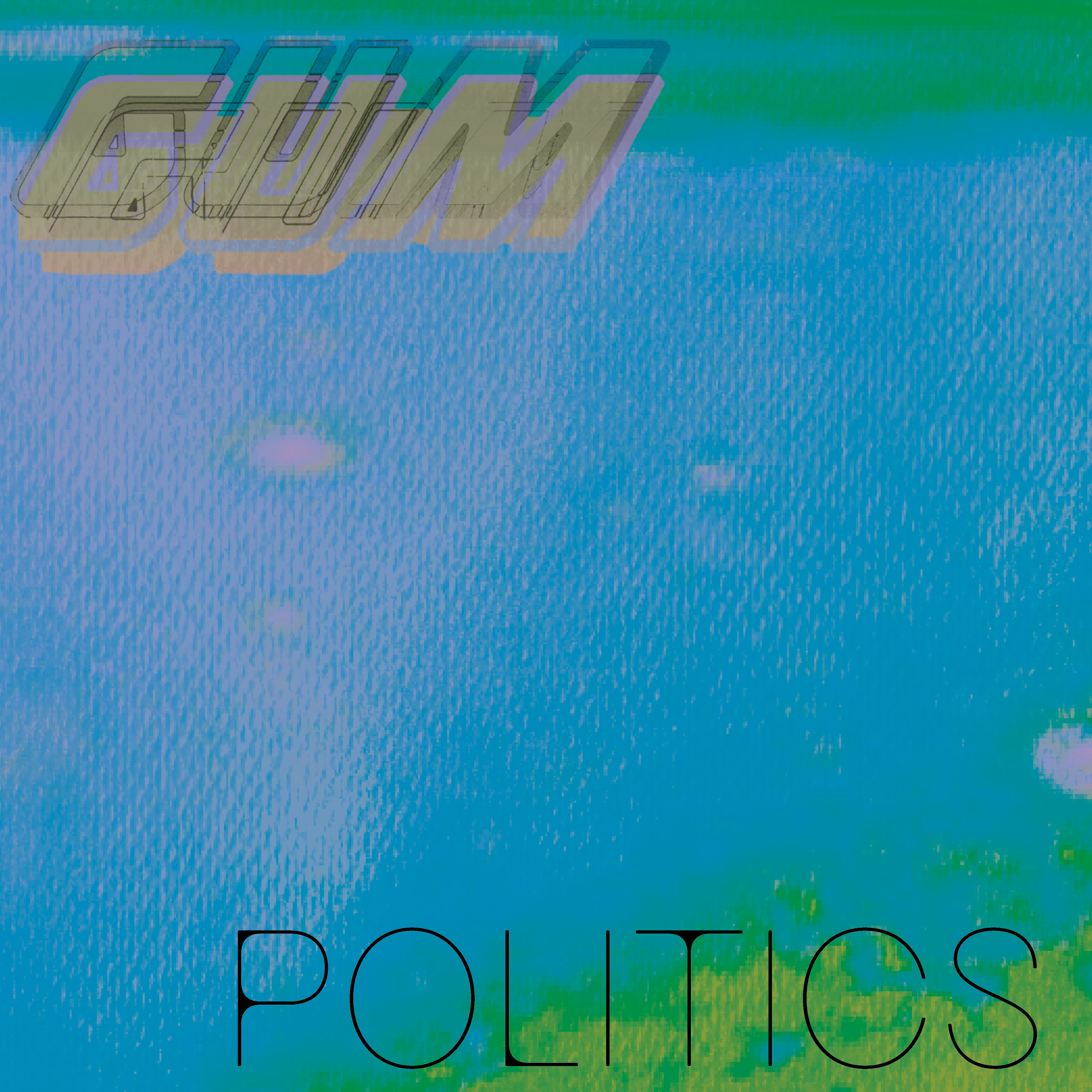Words: Marlow Elliott-Fortnum (He/Him)
In September 2022 I found myself, for the first time in my life, in a naked spa. While I wouldn’t say I am an overly self-conscious person, I couldn’t help but find myself nervous at the prospect of being naked in front of so many strangers. To cover oneself, especially in a country as prudish as the UK, is something that we, and I, don’t second-guess. Our bodies are for the most part private, and examined primarily by ourselves. Yet, as I tentatively entered the steamy halls of the spa, I felt my fear and anxiety about how I might be perceived start to diminish, and within five minutes I was walking around as if it was the most normal thing in the world. I think for many, the idea of nakedness seems to be linked with that of exposure and insecurity. Yet once amongst other naked people I couldn’t help but feel comfortable. All of us have bodies, and we take care of them in different ways. We are young, and then we get old and so do our bodies. It’s a natural process, a beautiful one, and one that when put into perspective by seeing others, can make being publicly naked feel less daunting than how we imagine it in private.
I think this experience speaks to how we operate politically as a society. The internet, through the help of algorithms, has exacerbated ideological ‘bubbles’. More than ever, we are surrounded by content that reinforces our opinions, and we adorn ourselves with these garments of political persuasion. I think in this process we forget that underneath either side is a body, a person, who ultimately shares similar fears and worries, hopes and aspirations. I don’t believe it is a case of trying to fully comprehend others, to truly see each other ‘naked’. It is more about generating a state of awareness of those around us, and how not having that awareness becomes politically loaded. To know that others are like you, that we have all things in common, and that despite what you may think, we do have collective goals.
A 2018 US NIH study found that while 95% of people believed themselves to be self-aware, only 10-15% fit the criteria. The definition of self-awareness is definitely disputable, but the study presents some interesting metrics: measuring along scales of internal awareness, a recognition of your own goals, personality and impact on others, and external awareness, an understanding of how others see us, and where we might fit as part of a society. I think the latter finds itself under attack these days. However, I wouldn’t want to give the impression that things were better ‘back in ___ day’. Issues between the left, right and everywhere in-between have always existed and pretending that only now we exist in a state of polarisation is farcical. Yet what seems to be happening now, through the relentless force of algorithms, is an amplification of the echo-chamber, and these echoes are becoming distorted.
The report on self-awareness written by Tasha Eurich talks about the fact ‘that we simply do not have access to many of the unconscious thoughts, feelings, and motives we’re searching for … we tend to invent answers that feel true but are often wrong.’. While watching interviews with the British public about the government’s recent attempts to implement the Rwanda policy, I noticed that many of those who supported it were stating facts that simply weren’t true. This isn’t surprising, given that the government itself has supplied inaccurate information. Yet, as far as my research could tell me, the statements were not even based on erroneous reports by any major party or media outlet. Instead, it seems that the rhetoric used by the government and far right groups has caused people to fill in gaps in their knowledge and start to create ‘facts’ that support the opinion they are led to believe they should have. Rather than attempting to see the bodies that exist on the boats crossing the channel, they have dressed them in their mind, and in an attire that deems them unsuitable for recognition.
It seems that an increase in self-awareness is sorely needed at the moment, but what does that mean? Not necessarily an acceptance of alternative philosophies, but a recognition of bodies. And not only of others, but of ourselves as well. Distorted body image is born out of a misinterpretation of ourselves, but placed in the context of others could that be rectified? Politics and morality are entwined, but perhaps they should be pushed apart a little? Let the debates on fiscal responsibility and the validity of the monarchy continue, but after we have recognised each other, and know that at the centre of each debate is a body, and a valuable one.

